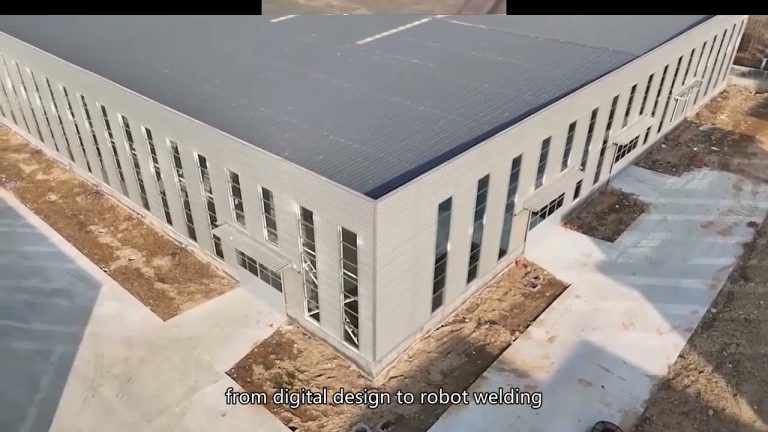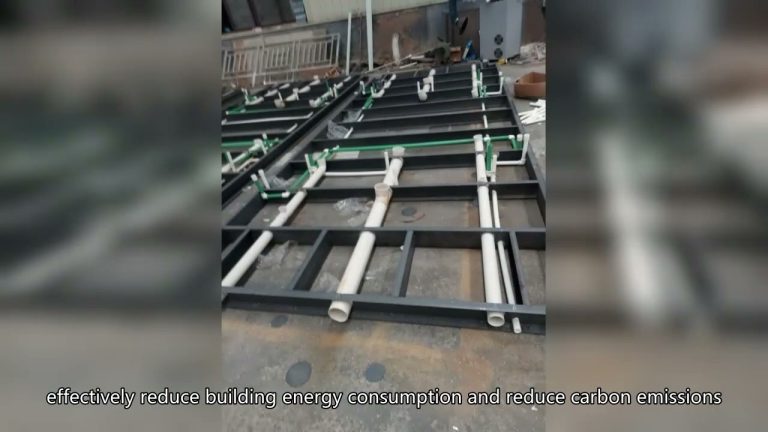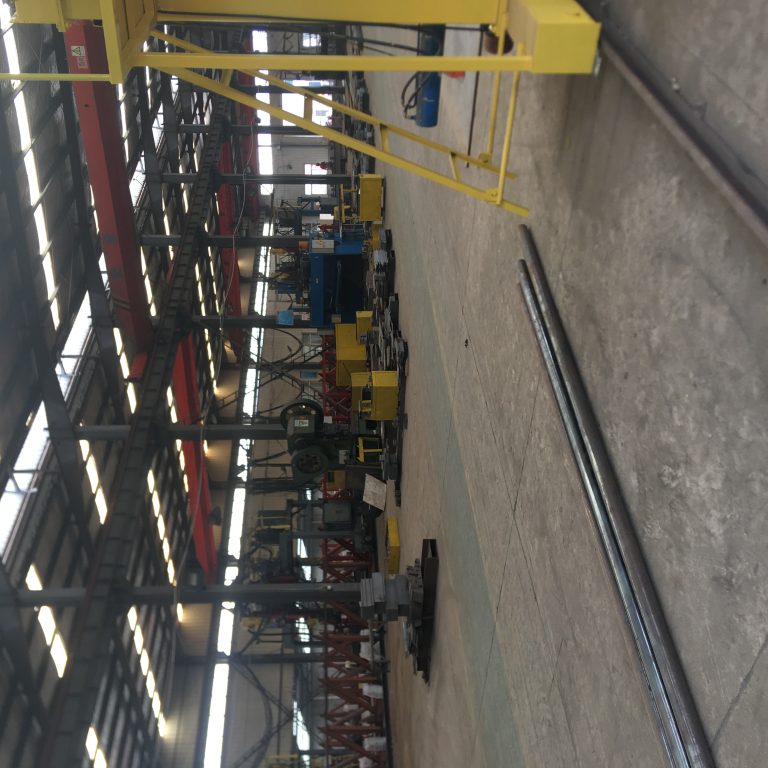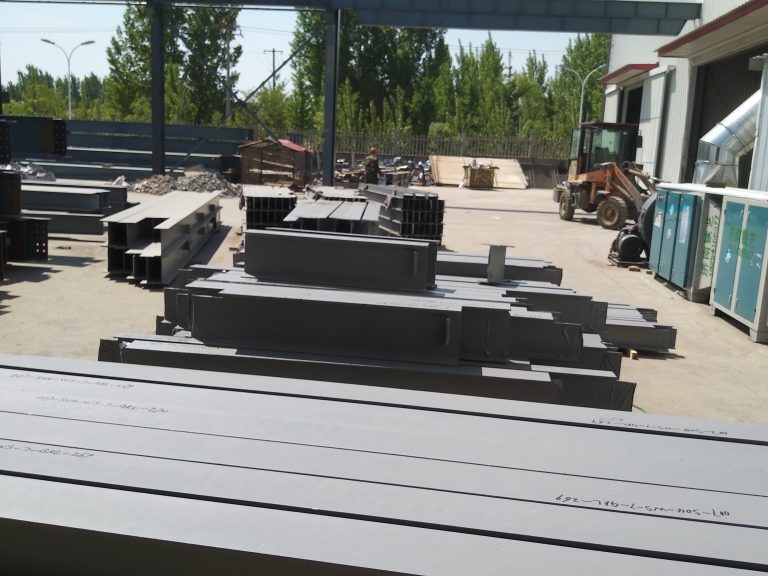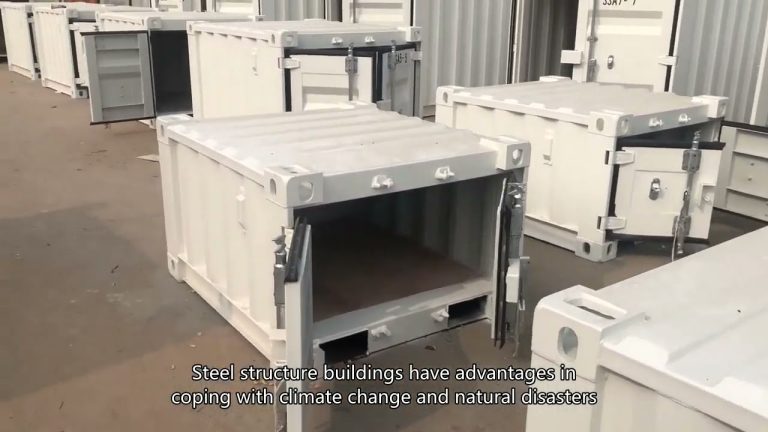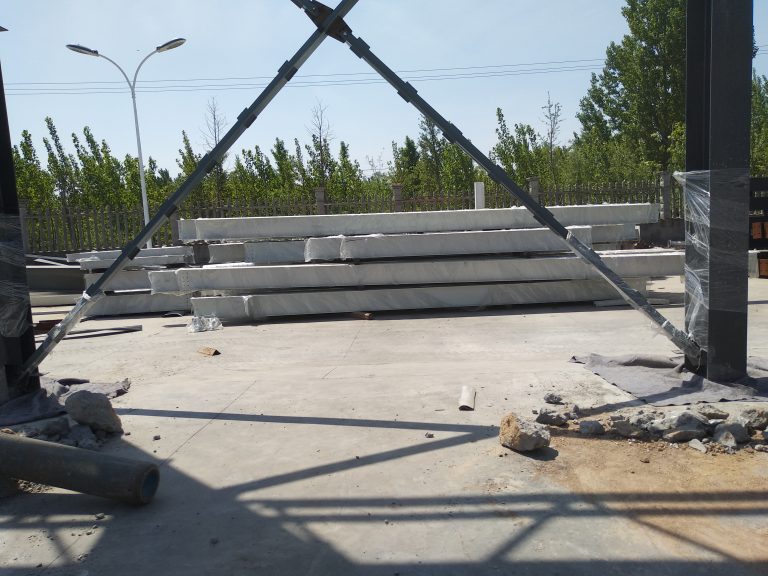Land reserve and development potential of box house
Table of Contents
Benefits of Investing in Land Reserves for Future Development
Land reserves are an essential component of urban planning and development. They provide a buffer against rapid urbanization and ensure that there is enough space for future growth and expansion. One type of land reserve that has gained popularity in recent years is the box house. These compact, modular homes are designed to maximize space and efficiency, making them an attractive option for developers looking to make the most of limited land resources.
One of the key benefits of investing in land reserves for box house development is the potential for high returns on investment. As urban populations continue to grow, the demand for affordable housing is on the rise. Box houses offer a cost-effective solution to this problem, allowing developers to build multiple units on a single plot of land. This not only maximizes the use of space but also increases the potential for rental income or resale value.
In addition to their financial benefits, box houses also have a positive impact on the environment. By using sustainable materials and energy-efficient design principles, these homes can help reduce carbon emissions and promote a more eco-friendly way of living. This is especially important in densely populated urban areas where resources are limited and environmental concerns are a top priority.
Furthermore, investing in land reserves for box house development can help address the issue of housing affordability. In many cities around the world, housing prices have skyrocketed, making it difficult for low- and middle-income families to find suitable accommodation. By building compact, affordable homes on unused or underutilized land, developers can help alleviate the housing crisis and provide much-needed options for those in need.
Another advantage of investing in land reserves for box house development is the flexibility it offers in terms of design and layout. These modular homes can be customized to suit the needs and preferences of different residents, allowing for a more personalized living experience. Whether it’s a single-family home, a multi-unit complex, or a mixed-use development, box houses can be adapted to a variety of uses and configurations, making them a versatile option for developers and homeowners alike.
Moreover, box houses are relatively quick and easy to build, making them an attractive option for developers looking to expedite the construction process. With prefabricated components and modular design features, these homes can be assembled in a fraction of the time it takes to build traditional houses. This not only saves time and money but also allows for faster occupancy and a quicker return on investment.
In conclusion, investing in land reserves for box house development offers a range of benefits for developers, residents, and the environment. From high returns on investment and affordable housing options to sustainable design principles and flexible layouts, these compact homes have the potential to transform urban landscapes and improve quality of life for all. By embracing this innovative approach to housing development, cities can create more inclusive, resilient communities that meet the needs of a growing population while preserving precious land resources for future generations.
Exploring the Innovative Design and Development Potential of Box Houses
Box houses, also known as container homes, have been gaining popularity in recent years due to their innovative design and sustainable construction. These homes are built using shipping containers, which are repurposed to create unique and modern living spaces. One of the key advantages of box houses is their versatility in terms of design and development potential.
One of the main benefits of box houses is their ability to be easily transported and assembled in various locations. This makes them an ideal option for land reserves or remote areas where traditional construction methods may be challenging. Box houses can be stacked or arranged in different configurations to maximize space and create a functional living environment. This flexibility in design allows for creative and efficient use of land reserves, making box houses a viable solution for urban infill projects or affordable housing developments.
In addition to their versatility, box houses are also a sustainable housing option. By repurposing shipping containers, these homes help reduce waste and minimize the environmental impact of construction. Box houses can also be designed to incorporate green building practices, such as solar panels, rainwater harvesting systems, and energy-efficient appliances, further reducing their carbon footprint. This focus on sustainability makes box houses an attractive choice for environmentally conscious homeowners and developers.
Furthermore, box houses offer a cost-effective alternative to traditional housing construction. The use of shipping containers as building materials can significantly reduce construction costs, making box houses a more affordable option for those looking to build a home or invest in real estate. This cost savings can be particularly beneficial for developers looking to maximize their return on investment or for individuals seeking a more budget-friendly housing option.
Another advantage of box houses is their durability and strength. Shipping containers are designed to withstand harsh weather conditions and transportation, making them a sturdy and resilient building material. This durability ensures that box houses are built to last, requiring minimal maintenance and upkeep over time. This longevity makes box houses a sound investment for homeowners and developers looking for a sustainable and low-maintenance housing solution.
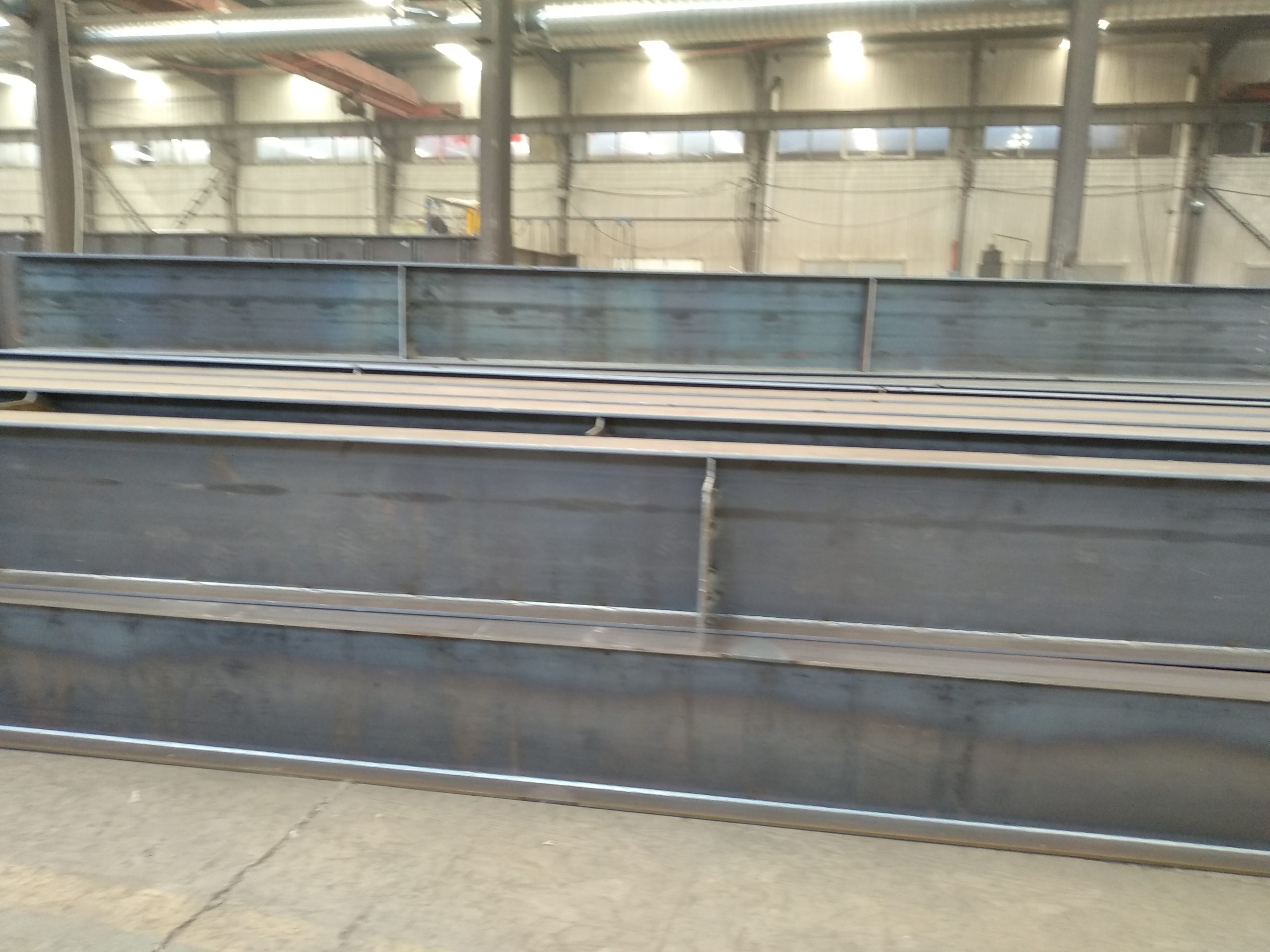
In conclusion, box houses offer a unique combination of design flexibility, sustainability, affordability, and durability, making them an attractive option for land reserves and development projects. Their innovative construction and modern aesthetic appeal to a wide range of homeowners and developers seeking a creative and sustainable housing solution. As the demand for eco-friendly and cost-effective housing options continues to grow, box houses are poised to play a significant role in the future of residential construction. Whether used for infill development, affordable housing projects, or remote living solutions, box houses offer a promising alternative to traditional housing construction methods. With their potential to transform land reserves and maximize development opportunities, box houses represent a new frontier in sustainable and innovative design.

